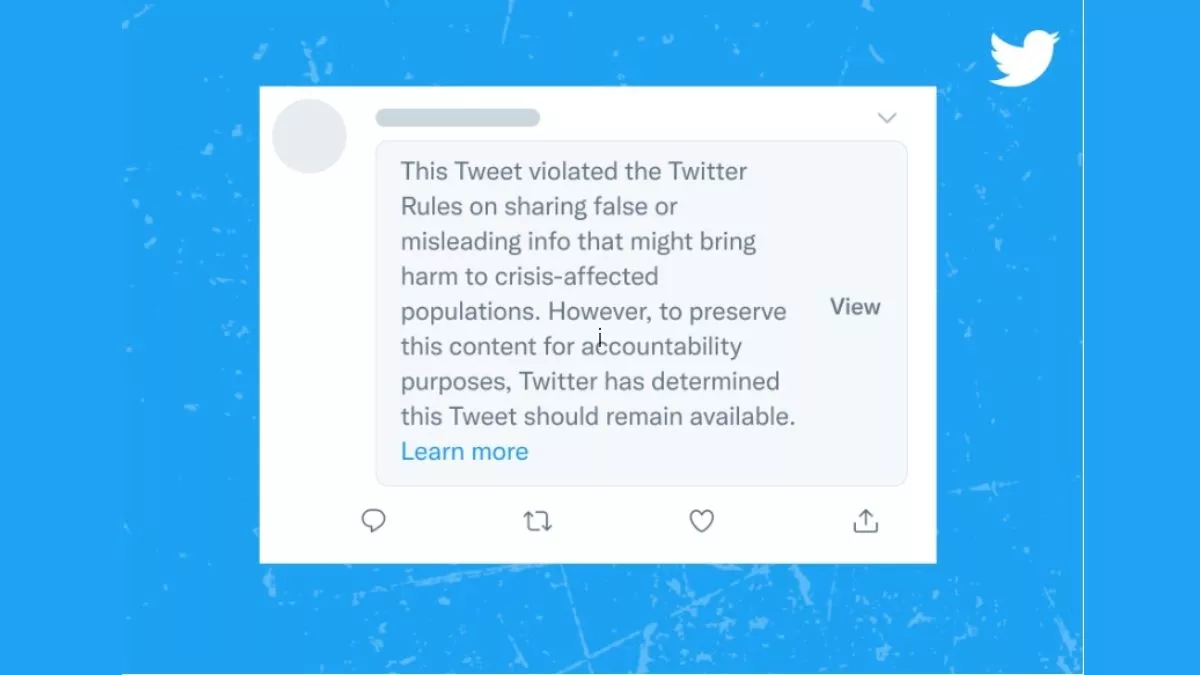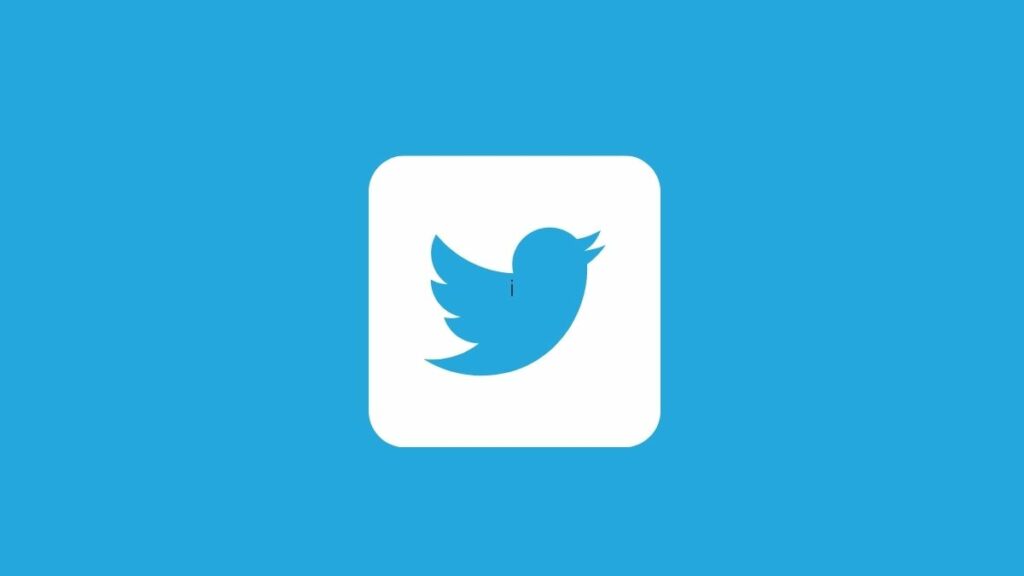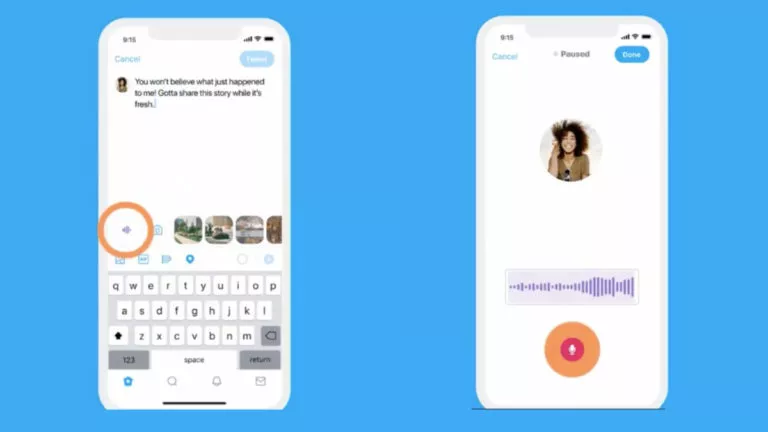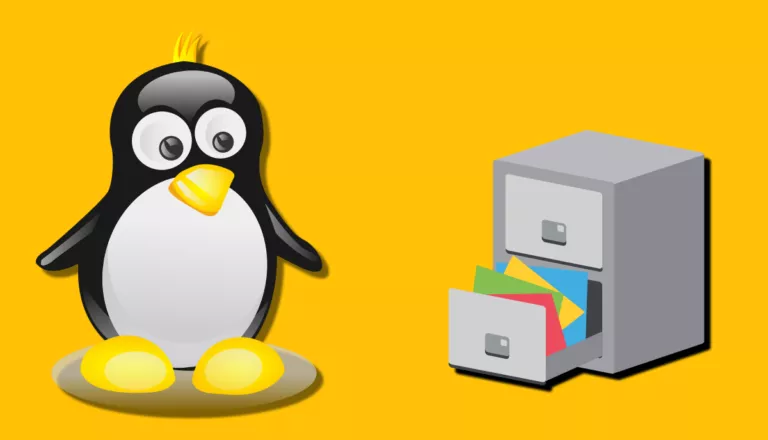Twitter Launches A New ‘Crisis Misinformation Policy’: Here’s What You Should Know

Twitter launched a crisis misinformation policy that will curb the reach of falsified information on the platform. The new policy is designed by referencing the United Nations’ definition of a humanitarian crisis and other humanitarian assessments.
Twitter wants to remain a reliable source of information during times of crisis, during which the misinformation is at its peak. The company’s Head of Safety and Integrity, Yoel Roth informed about the new policy in an official blog post.
The first iteration of the policy will focus on tackling the misinformation emanating from the Russia Ukraine conflict.
What does the crisis misinformation policy state?
Twitter, like all social media platforms, becomes a bubbling pot of misinformation when a national or international crisis surfaces. As observed in the ongoing Russia Ukraine war, the misinformation shared on the platform is aplenty.
Twitter will start monitoring tweets from high-profile accounts which have a huge reach. It will analyze the content of the tweets and compare it with credible sources. If the information appears to be modified in order to incite hatred, propaganda, and rumors, Twitter will take it down.
The new crisis misinformation policy will disable the engagement options on these tweets. The audience won’t be able to like, share, or retweet it. Moreover, Twitter will disguise it behind a warning for users which they can access if they like.
Twitter won’t promote the tweet using their recommendation algorithm in the home, search and explore section. Thus, it will disable the reach of such posts by a huge margin.

More Details
According to the blog post, Twitter will limit its reach, and add a warning notice to the following types of content:
- False coverage or event reporting, or information that mischaracterizes conditions on the ground as a conflict evolves
- False allegations regarding the use of force, incursions on territorial sovereignty, or the use of weapons
- Demonstrably false or misleading allegations of war crimes or mass atrocities against specific populations
- False information regarding international community response, sanctions, defensive actions, or humanitarian operations
Twitter strongly believes that curbing the reach of such tweets during a crisis can help a lot. But it is exactly the opposite of the platform that Elon Musk wants Twitter to become. Elon is a proud advocate of free speech who wants to allow everyone to speak what they want.
If the Twitter acquisition completes (which seems difficult due to recent events), Elon will probably quash the crisis misinformation policy.






